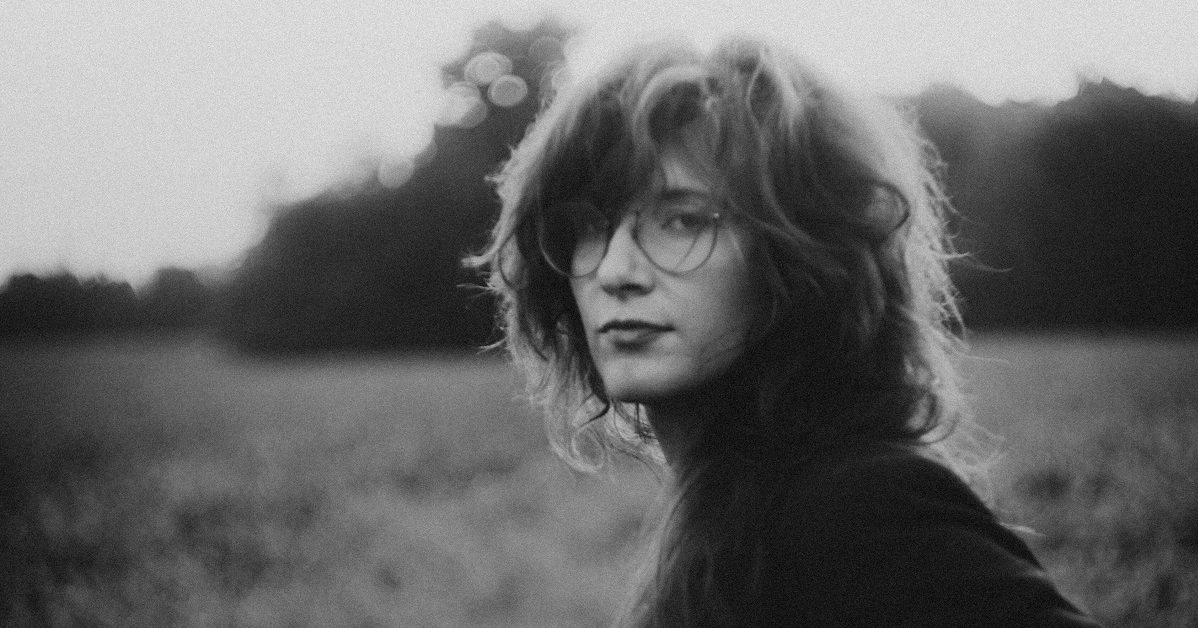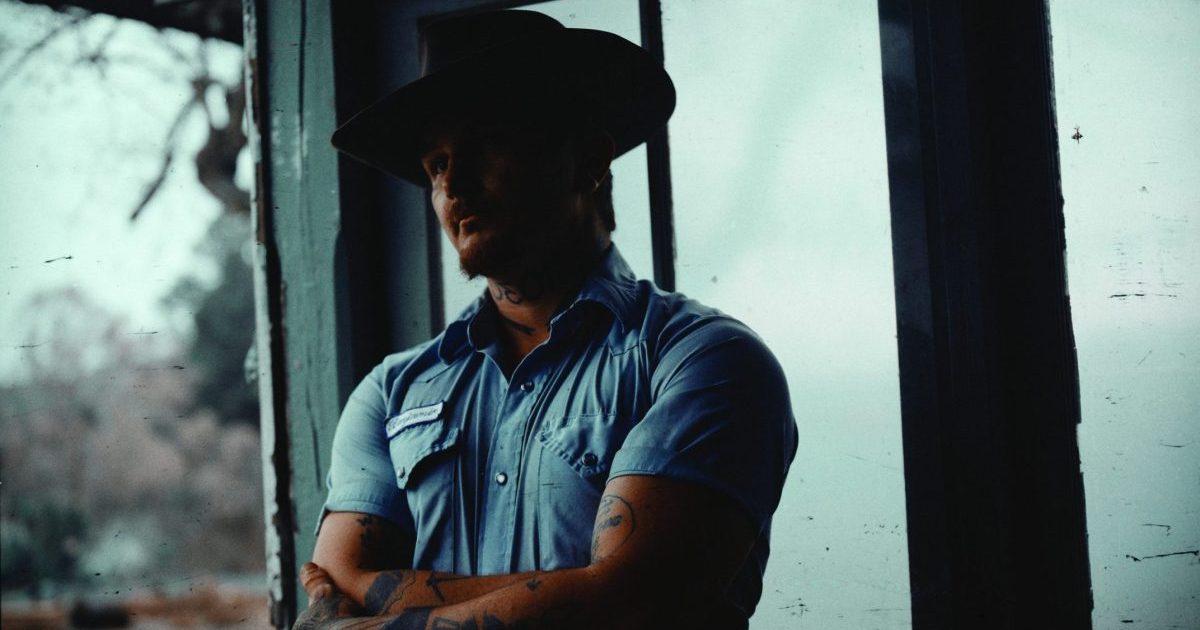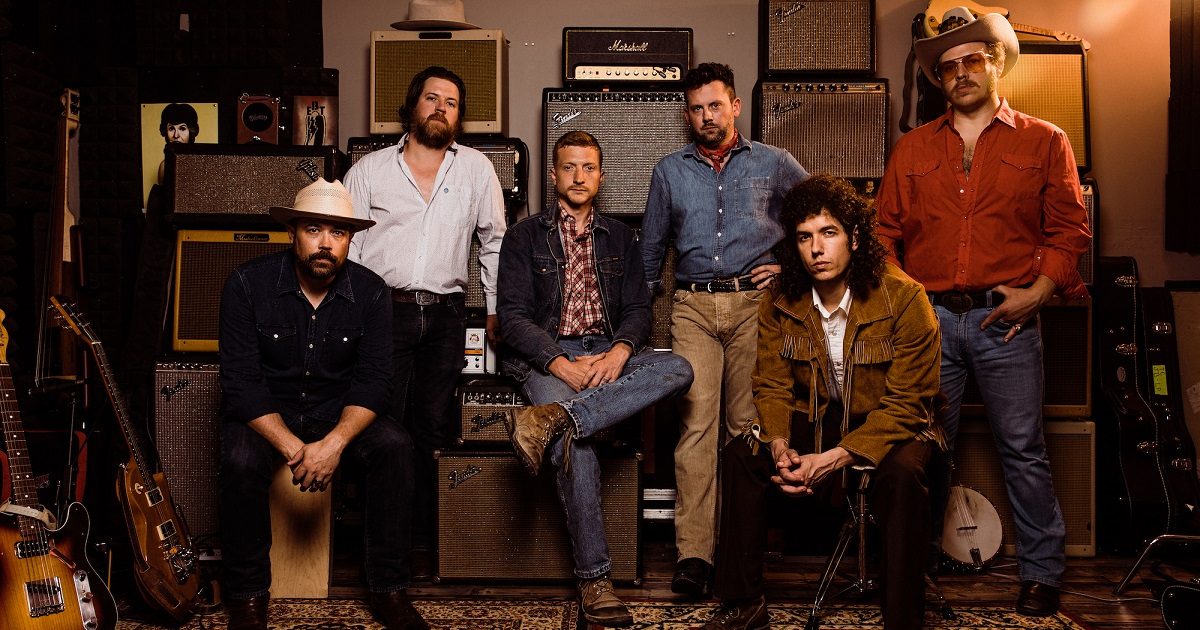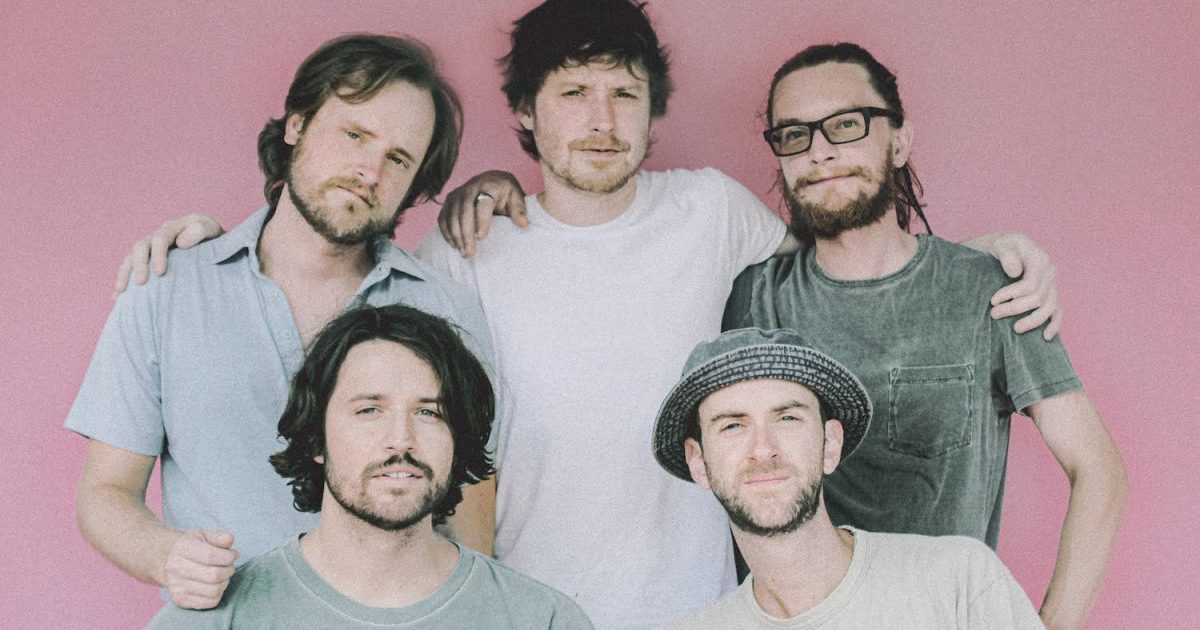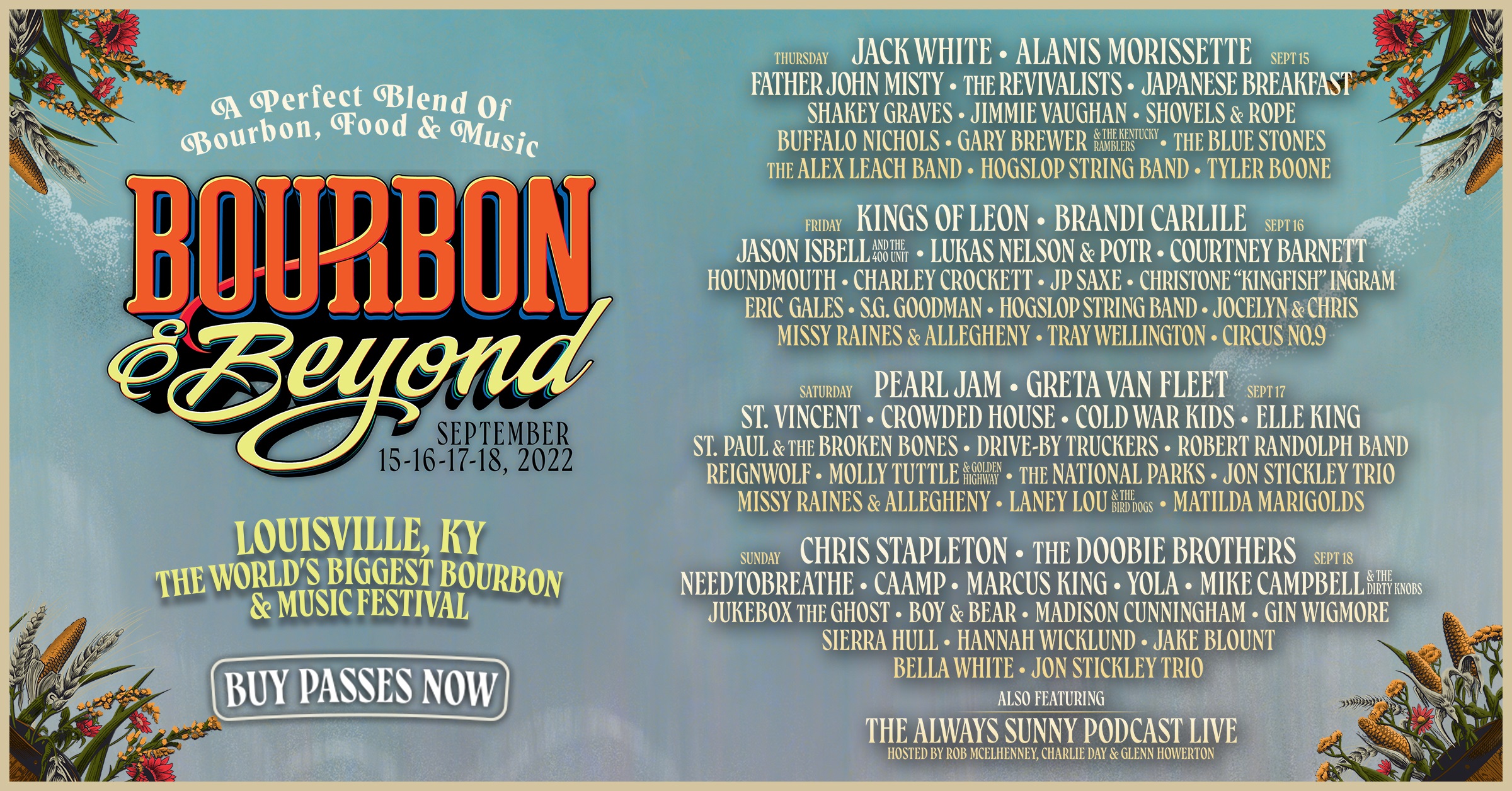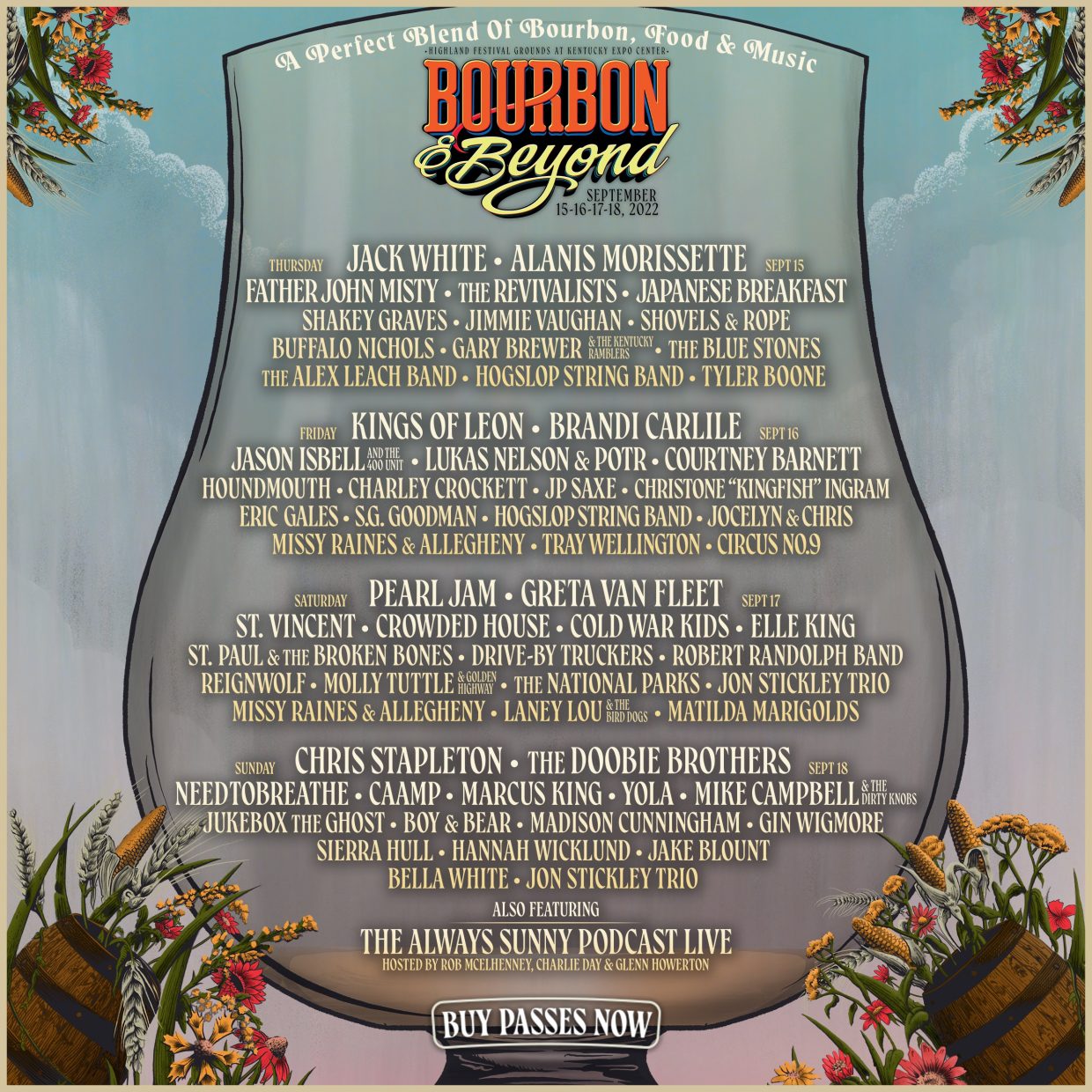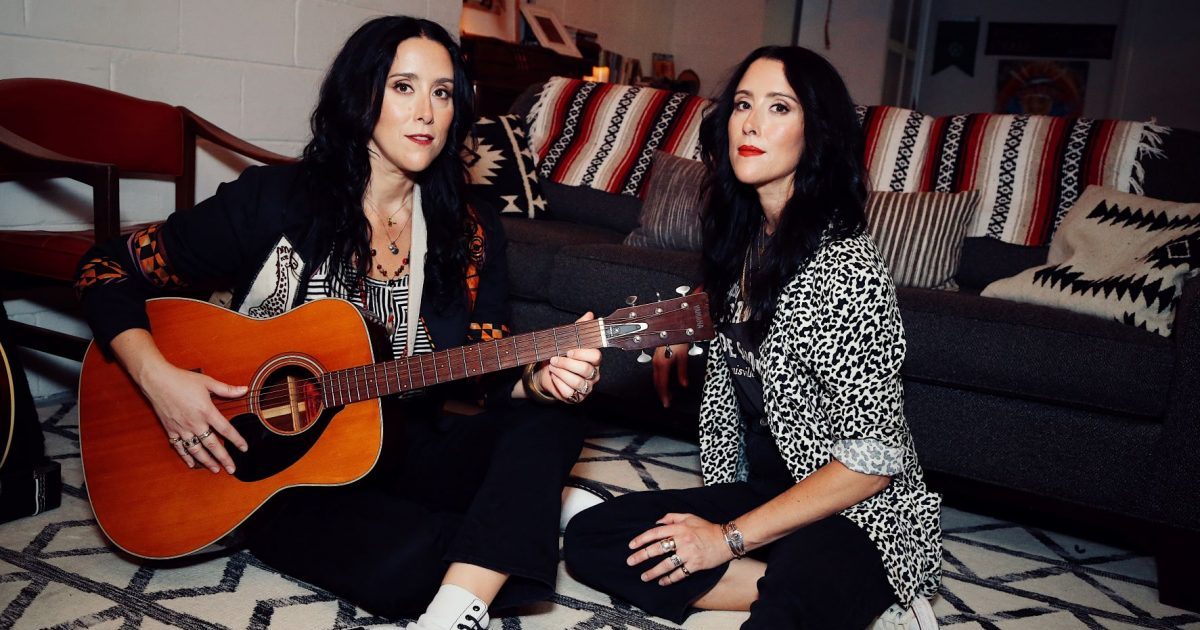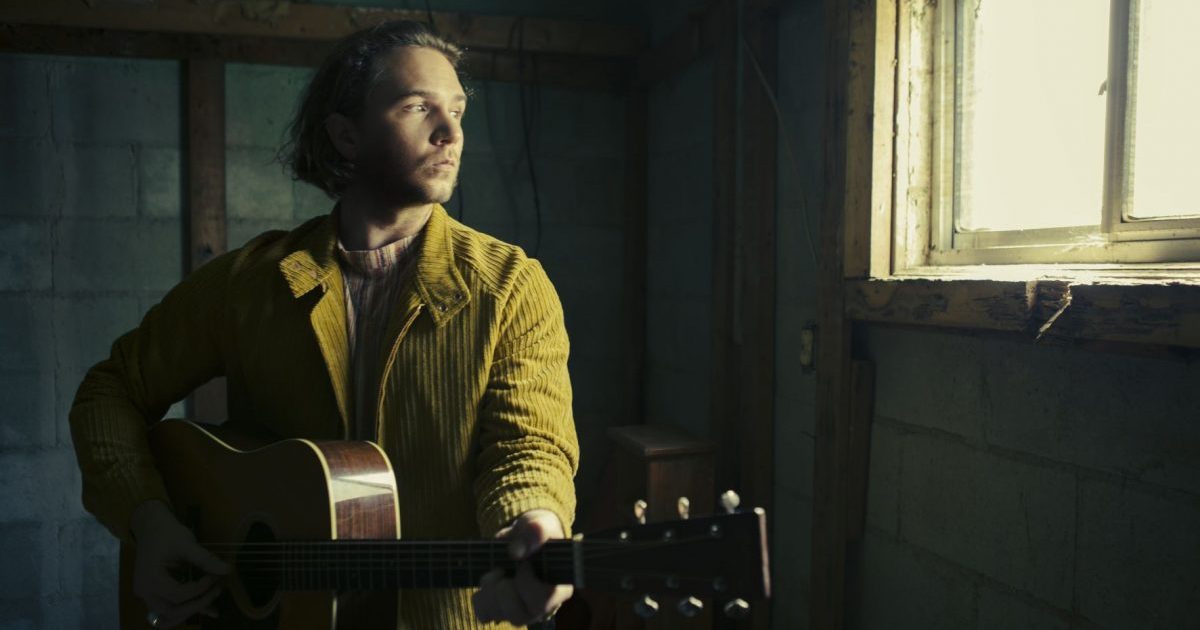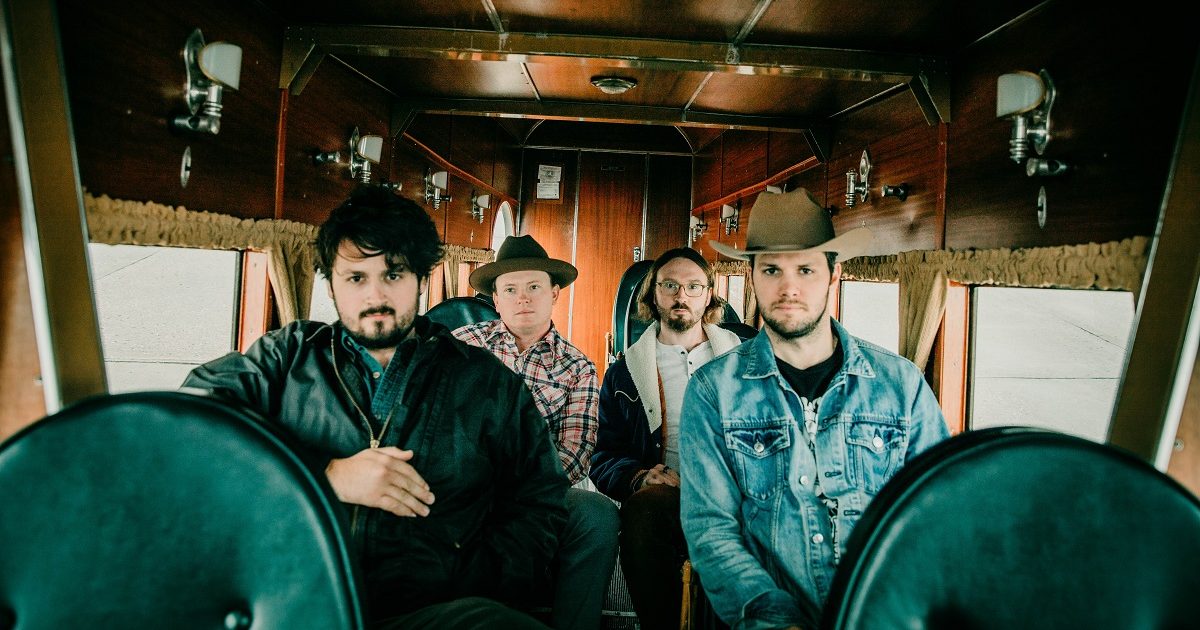Kentucky music is currently having a moment, but it’s far from the first time. Before artists like Tyler Childers, Sturgill Simpson, and Chris Stapleton made it big, folks like Bill Monroe, Loretta Lynn, Keith Whitley, Crystal Gayle, Tom T. Hall, Patty Loveless, Ricky Skaggs, Dwight Yoakam, and countless others helped build up the Bluegrass State’s rich musical foundation spanning bluegrass, country music, and more.
With so much talent having originated from Kentucky, there’s no shortage of destinations around the Commonwealth to consume this musical history. From the Mountain Arts Center in Prestonsburg in the southeast to the Muhlenberg Music & History Museum in the west, Lexington’s Red Barn Radio and beyond, every nook, cranny and holler throughout the state is full of destinations beckoning to be explored by music fans. We’ve compiled more than a dozen of these attractions below in an epic road trip that could be called the Kentucky Music Trail.
Central Kentucky
Opened in 2002, the Kentucky Music Hall of Fame & Museum in Mount Vernon features exhibits showcasing talent from throughout the state ranging from country and bluegrass trail blazers like Bill Monroe, Loretta Lynn and Keith Whitley along with Black Stone Cherry, The Kentucky Headhunters and Exile, among others. The museum is open from 10 a.m.-5 p.m. daily with an admission of $10.
Also sitting on the same 55-acre property is the Renfro Valley Entertainment Center. First opened in 1939, the massive barn features two unique performance halls that host country, gospel and bluegrass music annually from April through December. Additionally, the venue has been the home of Renfro Valley Gatherin’, a syndicated radio program airing on Sunday nights at 9:30 p.m. EST, since 1943. The show is the third oldest continually broadcast radio program in America and the second longest continuously running such program featuring country music, behind only the Grand Ole Opry.
Back inside the Hall of Fame & Museum, one of the most prominent exhibits is one showcasing Woodsongs Old-Time Radio Hour, an internationally syndicated radio program hosted by folk musician Michael Johnathon in front of a live studio audience at the historic Lyric Theatre in Lexington on most Monday nights at 7 p.m. Launched in 1998, the entirely volunteer-run production spotlights musicians across all genres performing their songs and sharing the stories behind them. Now over 1,000 episodes in (and counting), the program has featured artists like Sam Bush, J.D. Crowe, The Black Opry, Riders in the Sky and Billy Strings. Each show also features a “Woodsongs Kid,” helping to encourage and grow the next generation of Kentucky songwriters.
Another radio program based in Lexington and featuring talent from around Kentucky, Appalachia and the southeast with a similar mix of conversation and performance is Red Barn Radio. Founded in the early 2000s at Renfro Valley’s little red barn (from which the show draws its name), co-founder Ed Commons helped lead the show’s move to its current home inside LexArt’s headquarters in downtown Lexington in 2005. The show has taken off since moving there, hosting everyone from Sam Bush to J.D. Crowe, Tom T. Hall, John R. Miller, Arlo McKinley, Sierra Ferrell, Sunday Valley (led by a young Sturgill Simpson) and Tyler Childers. In the case of Childers, his performance on the show became so revered that he ended up releasing it as a live album, Live on Red Barn Radio I & II, in 2016.
Eastern Kentucky
Out east on the campus of Morehead State University you’ll find the Kentucky Center for Traditional Music (KCTM), a school teaching the next generation of bluegrass and old-time musicians the nuances, history and business side of the music. Founded in 2000, the center offers the only Bachelor of Arts in Traditional Music in Kentucky along with a minor in traditional music. It also features an extensive digital archive of Kentucky and Appalachian traditional music, a recording studio, sound-proofed classrooms and rehearsal spaces. Alumni from the school include Linda Jean Stokley and Montana Hobbs of The Local Honeys, current professor and pedal steel player for Nicholas Jamerson, Thomas Albert; Lauren and Leanna Price of The Price Sisters, and current Assistant Director, Archivist, Instructor and member of Tyler Childers’ band, Jesse Wells.
Just over an hour southeast of the KCTM you’ll find the U.S. 23 Country Music Highway Museum. Located just off of U.S. 23 in Staffordsville just north of Paintsville, the museum features memorabilia from Tyler Childers, Chris Stapleton, Loretta Lynn, The Judds, Patty Loveless, Dwight Yoakam, Billy Ray Cyrus, Tom T. Hall and other artists hailing from the counties that the highway passes through in Eastern Kentucky. The area known as the “Country Music Highway” is distinguished as having the highest number of charting country musicians calling the area home per capita than anywhere else in the world. Admission to the museum is $4.
After another half-hour drive through the area’s Appalachian mountain back roads and hollers you’ll come across Loretta Lynn’s birthplace at Butcher Hollow in the old coal mining community of Van Lear. The humble mountainside cabin features four rooms to explore—one bedroom for Loretta, younger sister Crystal Gayle and her five other siblings; a bedroom for her parents, a tiny kitchen and a cozy dining room—all covered wall to wall in pictures and other collectibles from the Coal Miner’ Daughter’s childhood and life as a musician. Tours are $5 and are typically guided by members of Lynn’s family who still call the holler home.
About a mile up the road from Lynn’s home you’ll find Webb’s Grocery, a general store constructed by the Consolidated Coal Company in 1918 when Van Lear’s coal output was near its peak. In addition to stocking ice cold Coca Cola, Mallo Cups and other quick bites the shop also is stuffed with tons of pictures of Loretta Lynn and her family including a massive banner reading “Welcome Loretta Lynn.” A journey to Butcher Hollow offers not only an incredible look back on the upbringing of one of country music’s most iconic voices, but also a look back on the mountain towns ravaged by the boom and bust of the coal industry that back in the day helped to power our entire country.
Another 30 minutes south of Van Lear is the Mountain Arts Center (MAC) in Prestonsburg. Opened in 1996, the building features a 1,000-seat concert hall, a state-of-the-art recording studio, loads of rehearsal space and will soon be the home to the TV and radio headquarters of CMH23, an organization dedicated to educating people on the history of artists from the Country Music Highway and giving a platform to up-and-coming musicians from the region. According to Executive Director Joe Campbell, the MAC and CMH23 are also partnering with The Country Network on Live From CMH23, a show that will focus on rising artists from around the state.
The MAC is also the home of a family variety show called Billie Jean Osborne’s Kentucky Opry, as well as the Kentucky Opry Jr. Pros. (an educational program for aspiring entertainers ages 6 to 18) and the Appalachian Arts & Entertainment Awards. Kentucky Opry alumni include Chris Stapleton’s longtime bassist J.T. Cure, Jesse Wells, Tyler Childers’ piano/keys player Chase Lewis, Brit Taylor, Marleena Vanhoose and Rebecca Lynn Howard.
Western Kentucky
Just under two and a half hours west of Lexington via the Western Kentucky Parkway is Rosine, a small town in Ohio County with its claim to fame being the birthplace of the Father of Bluegrass, Bill Monroe. In the heart of Rosine, you’ll find several landmarks commemorating the artist starting with the Bill Monroe Museum, which houses countless instruments, outfits, fan letters, photos, personal furniture and even Monroe’s personal Cadillac DeVille in a constantly growing and evolving collection. The museum is open Monday-Saturday from 10 a.m.-4 p.m. Admission is $3-5.
Less than a mile up the road from the museum is the Rosine Barn Jamboree, which hosts free bluegrass jams every Friday night from mid-March through mid-November. A stone’s throw away from the barn sits the Rosine Cemetery, where you can’t miss the grave of Monroe. Featuring an obelisk-style monument and adorned in flowers, Monroe’s grave stands tall over the quaint hillside cemetery as, even in death, he watches over the town that helped to define him. The cemetery also includes several of Monroe’s family members including Birch and Charlie Monroe and Pendleton (Uncle Pen) Vandiver.
Also nearby is Jerusalem Ridge, Bill Monroe’s homeplace. On the compound you can see Monroe and other family member’s childhood homes. Restored in 2001, Bill’s home features guided tours Monday-Saturday from 9 a.m.-4 p.m. and Sundays from 1-4 p.m. The site also features several stages and plays host to the Jerusalem Ridge Bluegrass Celebration, a festival taking place annually in September with some of the region and country’s best traditional bluegrass bands.
Less than an hour west of Rosine in Central City you can learn about icons like John Prine, The Everly Brothers, Merle Travis, Ike Everly, Mose Rager and Kennedy Jones at the Muhlenberg Music & History Museum. In addition to the traditional museum the building features a 1950s era jukebox serving up hits from the aforementioned artists that call Muhlenberg County home along with a towering Everly Brothers monument just outside. It also houses the Kentucky Motorsports Museum.
Just under an hour north of Central City is the last stop of our Kentucky Music Trail tour at the Bluegrass Music Hall of Fame & Museum along the banks of the Ohio River in Owensboro. The latest jewel of Owensboro’s transformed downtown, the $15.3 million building opened in October 2018 not only houses the museum and hall of fame, but also the 447 seat Woodward Theatre, a gift shop and several private event spaces along with a 1,500-seat outdoor amphitheater to boot.
When it comes to the museum, the biggest of bluegrass fans could easily spend a day diving into everything the facility has to offer. A self-guided audio tour will inform you on the ins and outs of each exhibit, the roots and impact of artists to bluegrass music, the nuances of the music and more, helping to fully immerse and indulge visitors in the music. On display are items from the likes of Rhonda Vincent, Bill Monroe, Billy Strings, Sam Bush, The SteelDrivers’ fiddler Tammy Rogers, Flatt & Scruggs, The Steep Canyon Rangers, J.D. Crowe, Hee Haw, bluegrass’ cinematic coronation O Brother, Where Art Thou? and more.
Other facilities in the museum include a pickin’ parlor where guests can play on pre-tuned guitars, mandolins, banjos, upright bass and more along with a transcribed and searchable interview database provided in partnership with the University of Kentucky’s Louie B. Nunn Center for Oral History, a massive display honoring banjo maker Jimmy Cox and the Hall of Fame itself. The prestigious space contains 68 plaques honoring those instrumental to bluegrass from its roots to its golden age and everywhere in between. Much like the museum, it offers a tremendous look back at the genre’s roots, where it is now and how it got there.
The same could be said for all of these destinations. I was already in love with my home state prior to visiting all of these places, but after having done so I’ve grown an even greater appreciation for the state, its musical roots and trailblazing artists. I’m confident that you will too upon making the trip for yourself.
